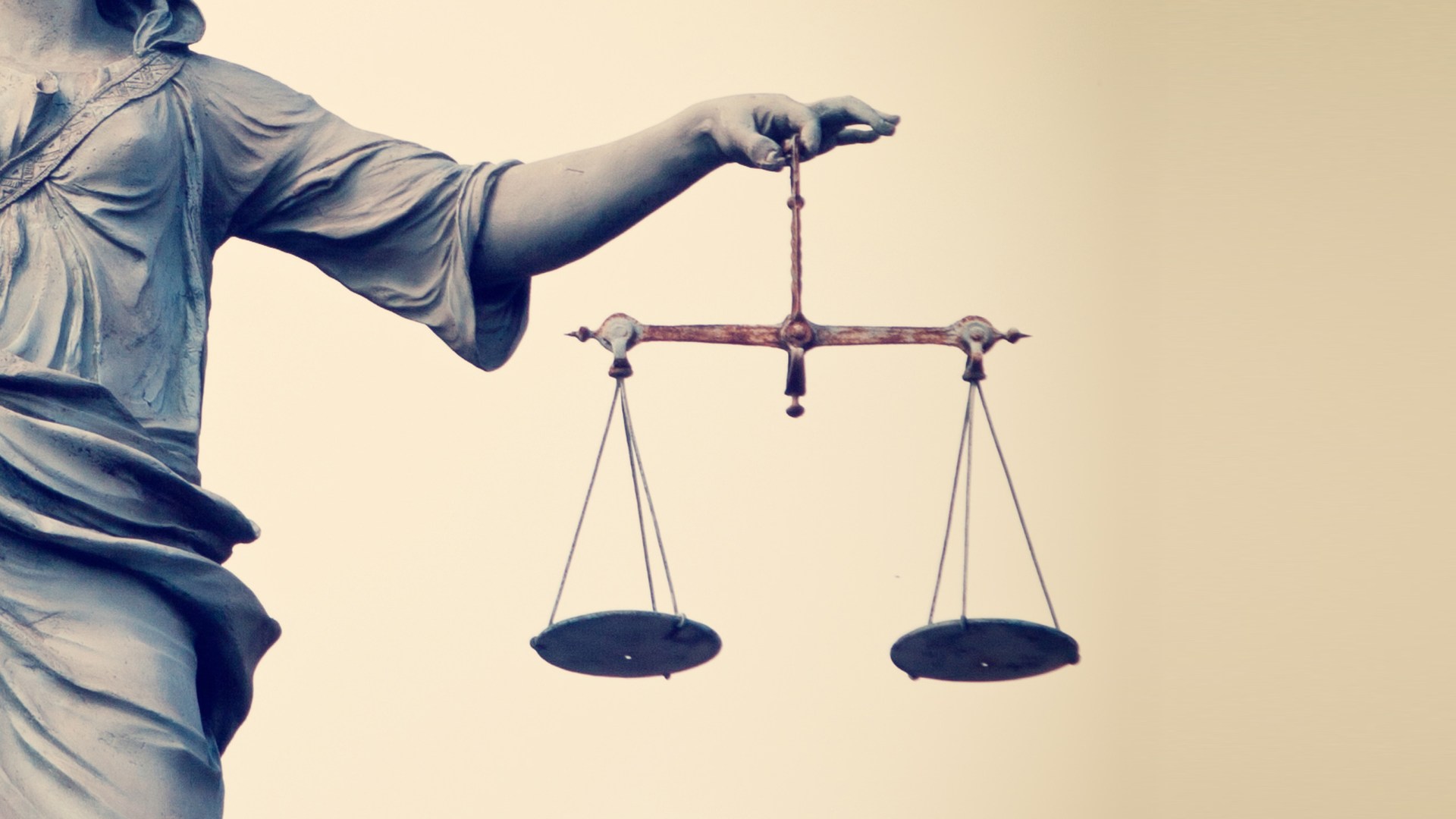If everyone, both citizens and those who govern them, is tempted to misbehave, as a Christian understanding of the justice paradox teaches, we should not be surprised that no human legal system has ever produced a just social order. The human desire to control our own destiny and to assume godlike powers for ourselves explains why men and women have repeatedly convinced themselves that the history of failure does not apply to them—that they will be the ones to prove the past wrong.
[Yet] do Christians believe that every attempt to promote justice is therefore pointless? Not at all. A Christian understanding of the limits of law, combined with our obligation to promote the flourishing of others, can give us a vision of justice I call “law with a light touch.”
If all of us are sinful, legal systems must play a double game: restraining the worst wrongs by the citizenry without empowering judges and prosecutors to do wrong themselves. The key to playing that double game well is to limit law’s reach. One implication of this, ironically, is that a less ambitious legal system will often be more effective than a more ambitious one. When it comes to justice, less is often more.
One positive example of how this can work is the civil rights movement. In law schools, we talk a lot about the two great laws that were enacted thanks to the movement: the Civil Rights Act of 1964, and the Voting Rights Act of 1965. But changing the law wasn’t Martin Luther King’s primary objective. He was trying to change hearts. King fought and eventually died for the right to have relationship with those who refused to have relationship with him. He wasn’t trying to put anyone in prison. In fact, he and his fellow protestors went to prison themselves in their quest to create true relationship in our communities. The true heart of the movement was relationship, not law.
The two laws that the civil rights movement did inspire were very unusual. Unlike many moral and social reforms, the Civil Rights Act and the Voting Rights Act were not criminal laws. They were not designed to put offenders in jail or even to impose damages for the wrongs committed against blacks in the past. The objective of the Civil Rights Act was to give us a more integrated workplace, in which blacks and whites can work side by side. The Voting Rights Act of 1965 created the modern law of voting rights, giving us an integrated political community in which blacks and whites can vote side by side. The main reason these laws have been so successful is that they—unlike so many laws—actually help to create relationships in our communities.
If the dignity that comes from our being made in the image of God requires that we seek one another’s flourishing, as Christians believe it does, one positive contribution that laws can sometimes make is to foster relationships in contexts where they otherwise might not occur. The civil rights laws are a vivid example of this.
Taken from True Paradox by David Skeel, ©2014 by David Skeel. Used by permission of InterVarsity Press, P.O. Box 1400, Downers Grove, IL 60515, USA. www.ivpress.com










